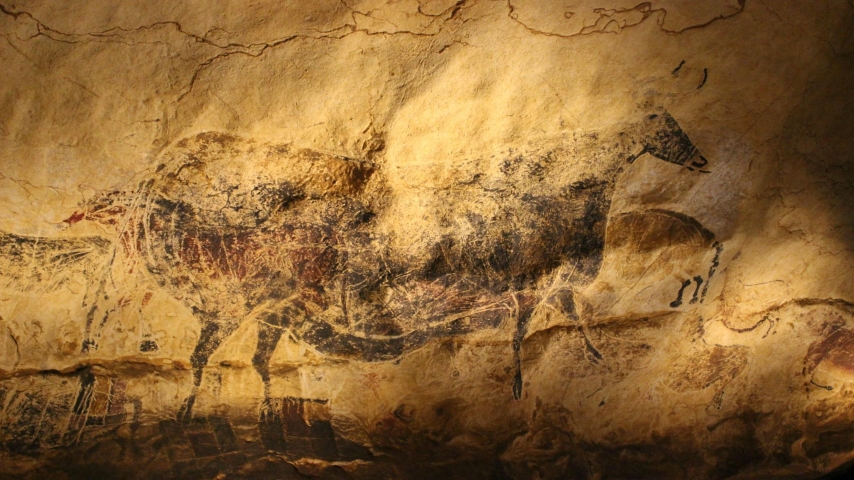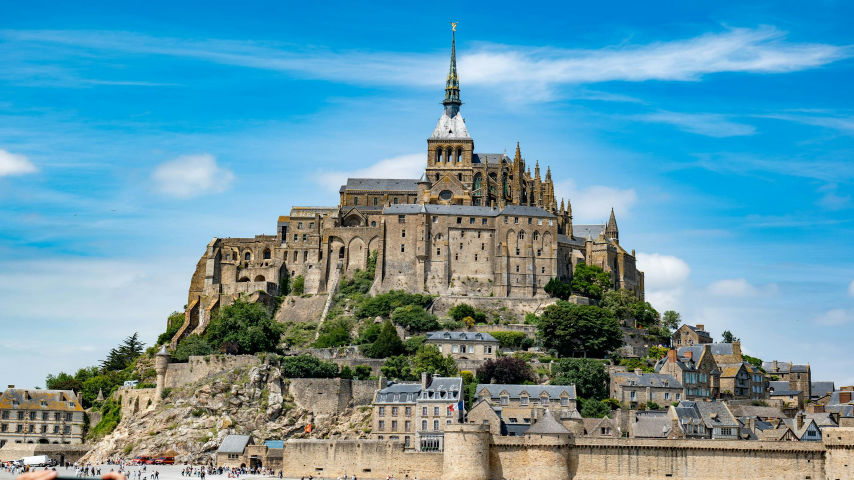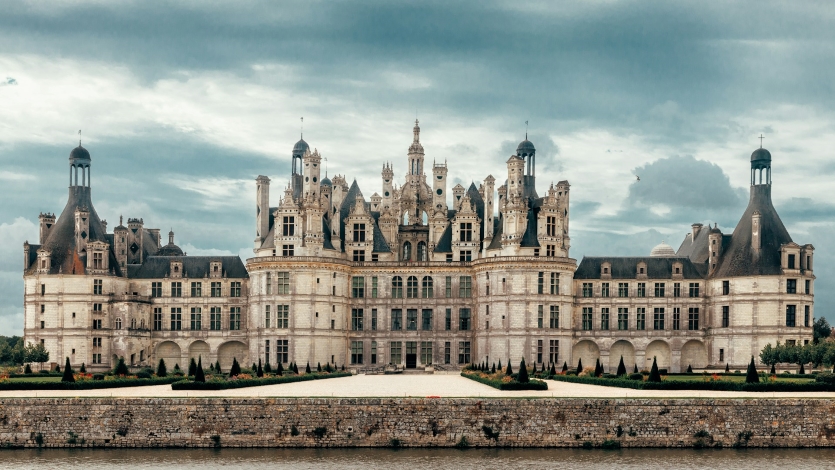France's Ancient Period
France's history dates back to ancient times when the region was known as Gaul, inhabited by Celtic tribes. The Roman conquest in the first century BC brought significant changes, integrating Gaul into the Roman Empire. Roman rule introduced infrastructure, cities, and a new way of life, leaving a lasting legacy evident in ruins such as the amphitheater in Nîmes and the aqueduct Pont du Gard. This period of Roman influence laid the groundwork for the development of France's cultural identity, shaping its language, customs, and societal structure for centuries to come.

France's Medieval Period
The fall of the Roman Empire led to the rise of the Frankish Kingdom. In 768 AD Charles the Great became king. He expanded the kingdom and was crowned Emperor of the Romans in 800 AD, establishing the Carolingian Empire and promoting a cultural revival known as the Carolingian Renaissance. The medieval period saw the development of feudalism and the establishment of powerful monarchies. The Capetian dynasty, starting with Hugh Capet in 987 AD, laid the foundation for modern France. The iconic Gothic cathedrals like Notre-Dame de Paris and Chartres Cathedral were constructed during this time.

Renaissance and Revolution
The French Renaissance in the 15th and 16th centuries was marked by cultural and intellectual growth. Influenced by Italy, France experienced advancements in art, science, and literature. Kings like Francis I patronized artists such as Leonardo da Vinci, who spent his final years in France. The 17th century was dominated by the reign of Louis XIV, the Sun King, who epitomized absolute monarchy. His lavish court at Versailles became a symbol of royal power and artistic achievement. However, the Enlightenment in the 18th century, with philosophers like Voltaire, Rousseau, and Montesquieu, began to challenge the old order, advocating for reason, liberty, and equality. These ideas set the stage for the French Revolution in 1789, a watershed moment in world history. The revolution led to the fall of the monarchy, the rise of the Republic, and significant social and political upheaval. The storming of the Bastille, the Reign of Terror, and the rise of Napoleon Bonaparte, who later declared himself Emperor, are key events from this period.


Bastille Day
Celebrated on July 14th, Bastille Day is France's national day and commemorates the French Revolution. This is the countdown to Bastille Day:
Modern Era
France in the 19th and 20th centuries saw a tumultuous period of monarchy, republics, and empires. The Third Republic, established in 1870, brought stability and industrialization. France played pivotal roles in both World Wars, enduring significant battles like Verdun and the Nazi occupation in WWII. The post-war era ushered in rapid modernization and the establishment of the Fifth Republic in 1958 under Charles de Gaulle. France's involvement in the European Union solidified its global importance.
